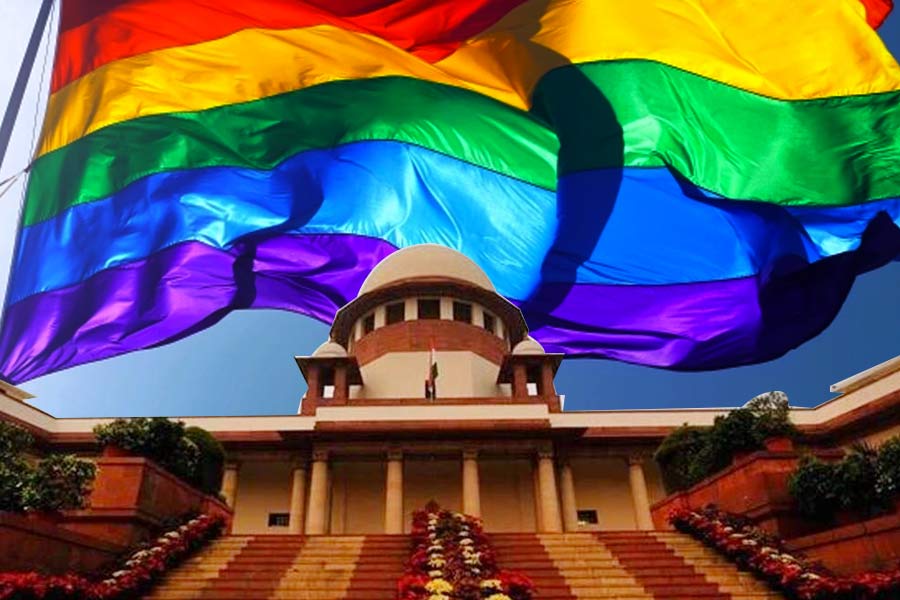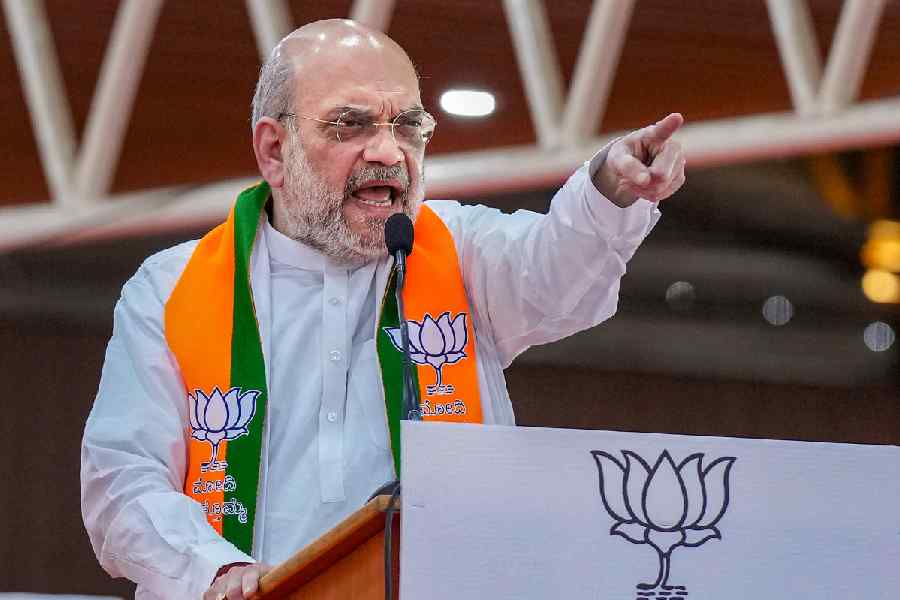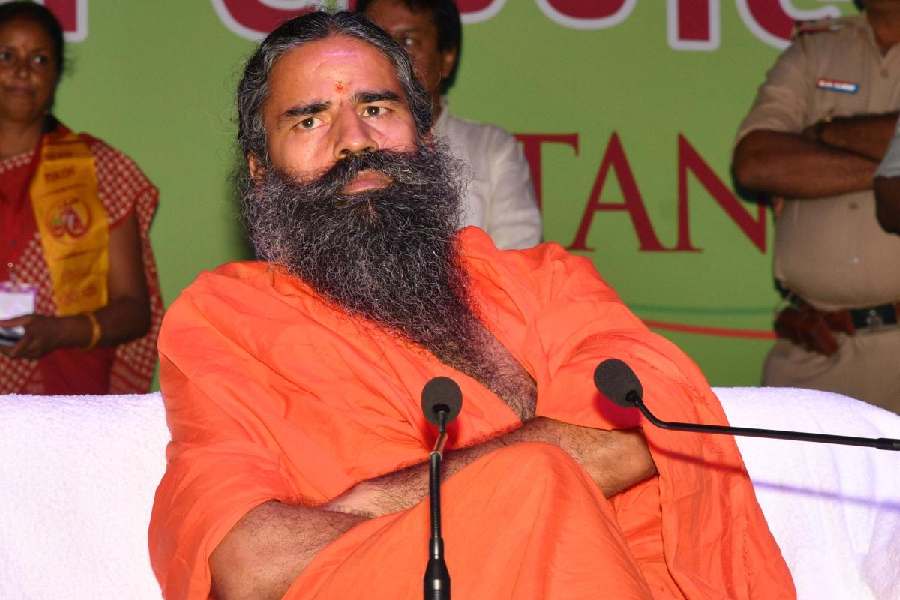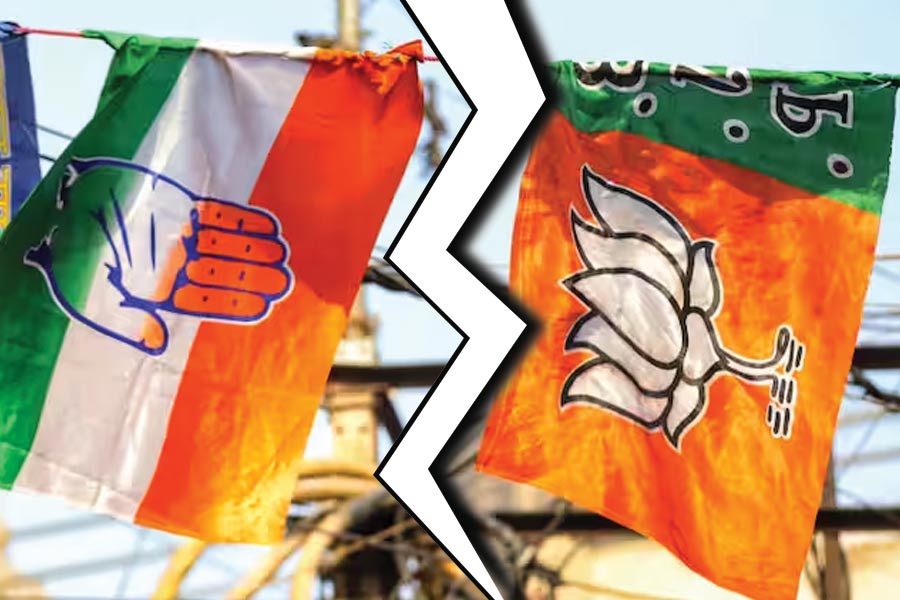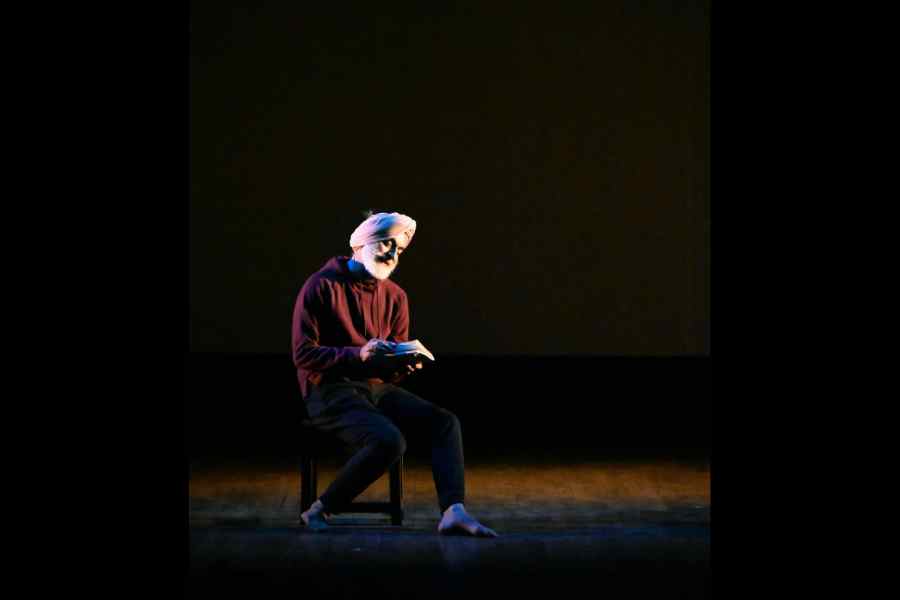Several members of the queer community and those who have fought for their rights expressed disappointment on Tuesday.
Anjali Gopalan of the Naz Foundation — whose intervention in the courts led to the decriminalisation of consensual sex between adults of the same sex — told The Telegraph the verdict is “overwhelmingly negative” for the rights of queer people.
She said: “Marriage has been denied and no civil rights were given at all. It has passed on to Parliament… And one doesn’t know when Parliament will grant these.”
Gopalan added: “In this country, there are thousands of children who are not adopted. Instead of trying to get them homes, the court has just said, No.”
Gopalan said: "Even live-in couples are not allowed to adopt. The court has now also denied this to the LGB (lesbian, gay, bisexual) community, except transgender people.”
The “good things” in the verdict, she added, are that the SC “has expanded the definition of discrimination. It has also forcefully told the government and the police how to behave. The trans community can also now marry within the community or cis (heterosexual) people, and get all the legal benefits of a marriage”.
Lawyer and queer rights activist Rohin Bhatt wrote on X (formerly Twitter): “Today the court has reaffirmed that queer citizens will be relegated to an unsympathetic legislature and an apathetic executive. We are second class citizens, no matter how many judicial platitudes say otherwise. We will rise in rage and protest.”
Anish Gawande, founder of Pink List India which documented what MPs had said on issues specifically affecting queer people, wrote on X: “The Supreme Court’s verdict on marriage equality is an abdication of responsibility by the highest court in the land.”
He added: “Committees without a clear timeframe, a clear composition, and a clear locus of authority are pointless. The Supreme Court has merely rehashed what the Solicitor General promised during hearings. Ball is now in the government’s court.”
Ajita Banerjie, senior research and policy officer for the Asian region of the International Lesbian, Gay, Bisexual, Trans and Intersex Association, called the verdict “extremely disappointing”. She wrote on X: “No resolute directions to save queer folks from bureaucratic loopholes and structural discrimination.”
Without referring to the verdict itself, Pune-based sociologist Suhas Palshikar attempted to explain the political context the court currently operates in.
He said in a series of X posts: “Looks like the current Court believes that it’s facing its 1973 moment sandwiched between a repressive regime and deeply divided and chaotic political arena.
“Like the Court then, today also, the Court keeps searching for constitutional spaces to keep its powers secure without confronting the govt head on.
“But: in the seventies, Court managed to theorise in such a manner that it emerged more powerful through the crisis, though much licked and maligned.
“The manoeuvres today are most likely to produce a weaker institutional balance and also concede crucial victories to the regime for today and tomorrow.
“And the repression of 1970s was more personalised than aimed at changing the fundamentals of the system. Today, it’s BOTH. So, conceding space to it, judiciary is probably closing doors for any possibility of institutional corrective.
“Although, to be fair, there are no easy options for the judiciary. Aggression will lead to decimation by the regime right away; tact and fairness won’t guarantee democratic survival in long run.”
If nothing else, rights defenders celebrated the court proceedings for at least encouraging conversation.
Queer rights advocate Supriyo Chakraborty wrote on X: “We are deeply disappointed by the judgment today. Though the court has reiterated that queer people have right to form relationships, they stopped well short of legal recognition.
“On a personal level, we feel proud that we fought this battle. Though we lost, lots of dinner table conversations were initiated because of this case. We remain hopeful that one day we will have full marriage equality.”
Others questioned the sympathy expressed, and discussions undertaken by the bench.
Filmmaker Onir wrote on X: “Words are HOLLOW when NOT followed by action. #SupremeCourtofIndia #MarriageEquality.”
Enakshi Ganguly, co-founder of HAQ: Centre for Child Rights, and honorary professor, National Law University, Odisha, told this newspaper: “As far as I can understand, after explaining the situation with a lot of empathy, the court has left it to the legislature to make the necessary change. So, in effect, it is status quo after a lot of platitudes and homilies…. Why have such a long discussion on adoption when you were not going to give adoption rights (to queer people).”

